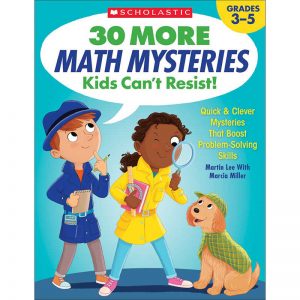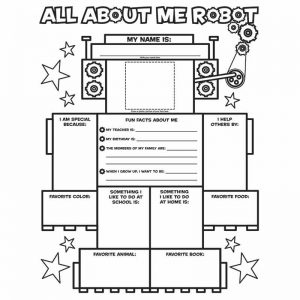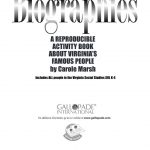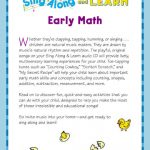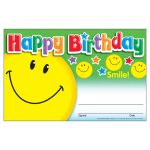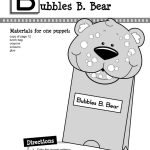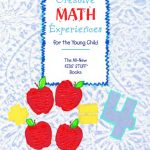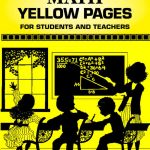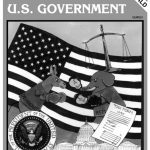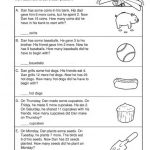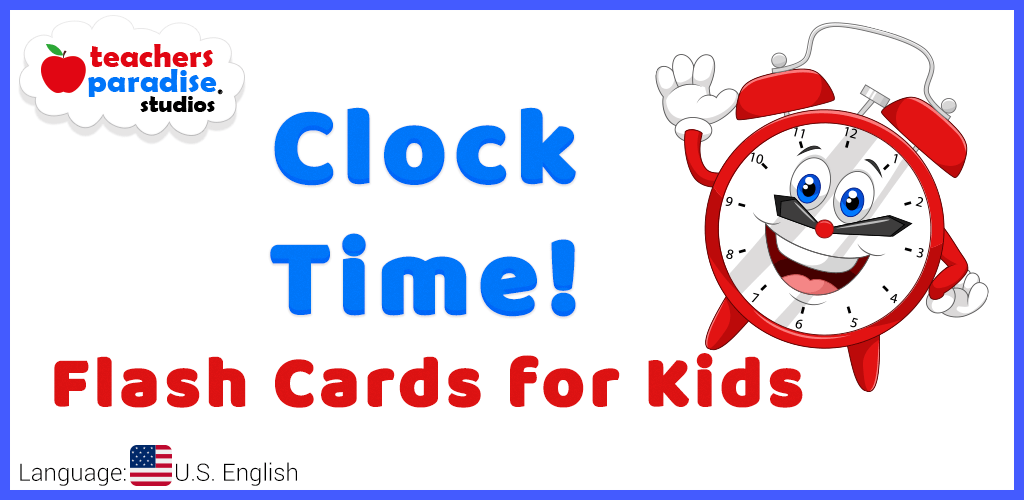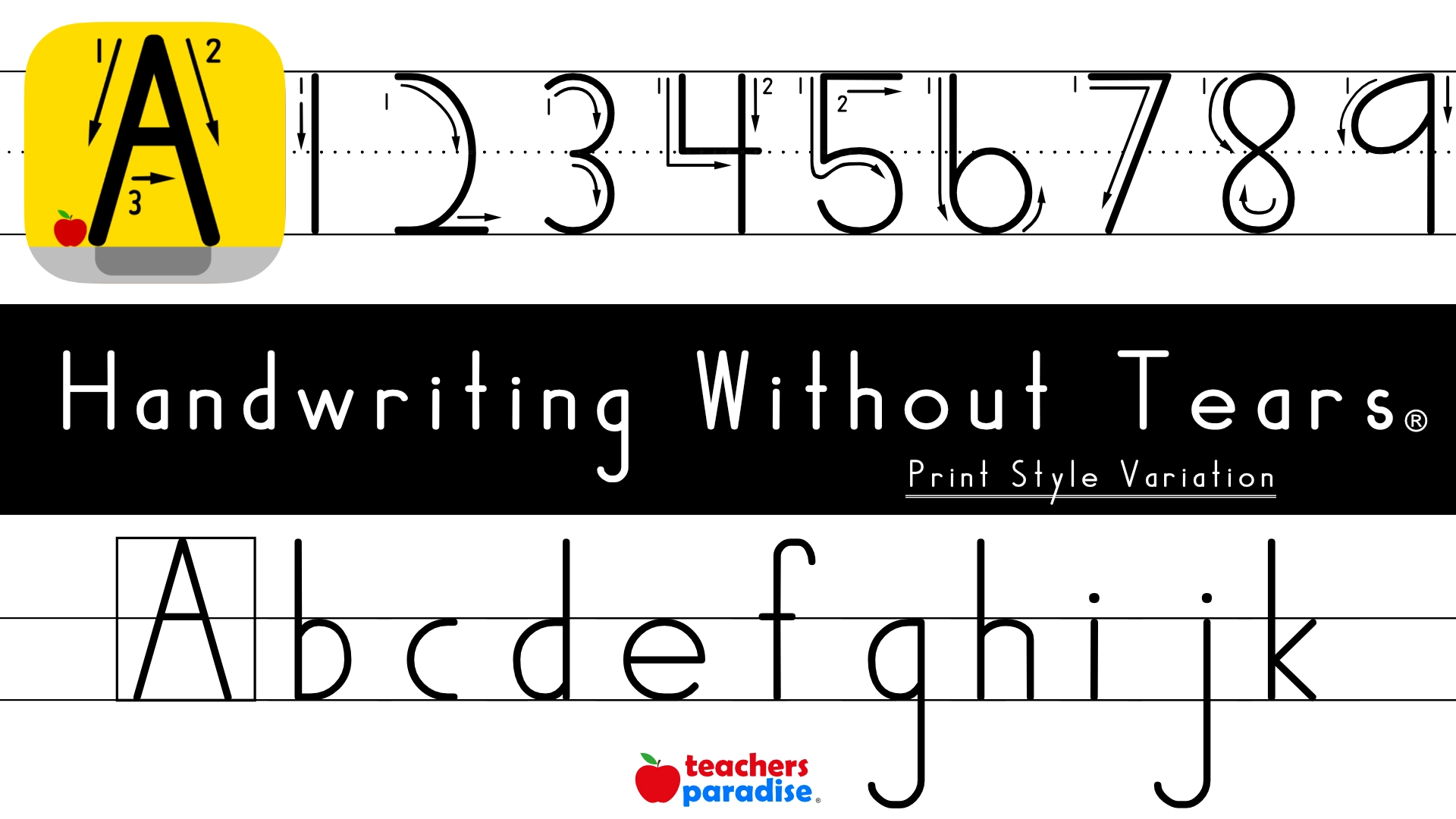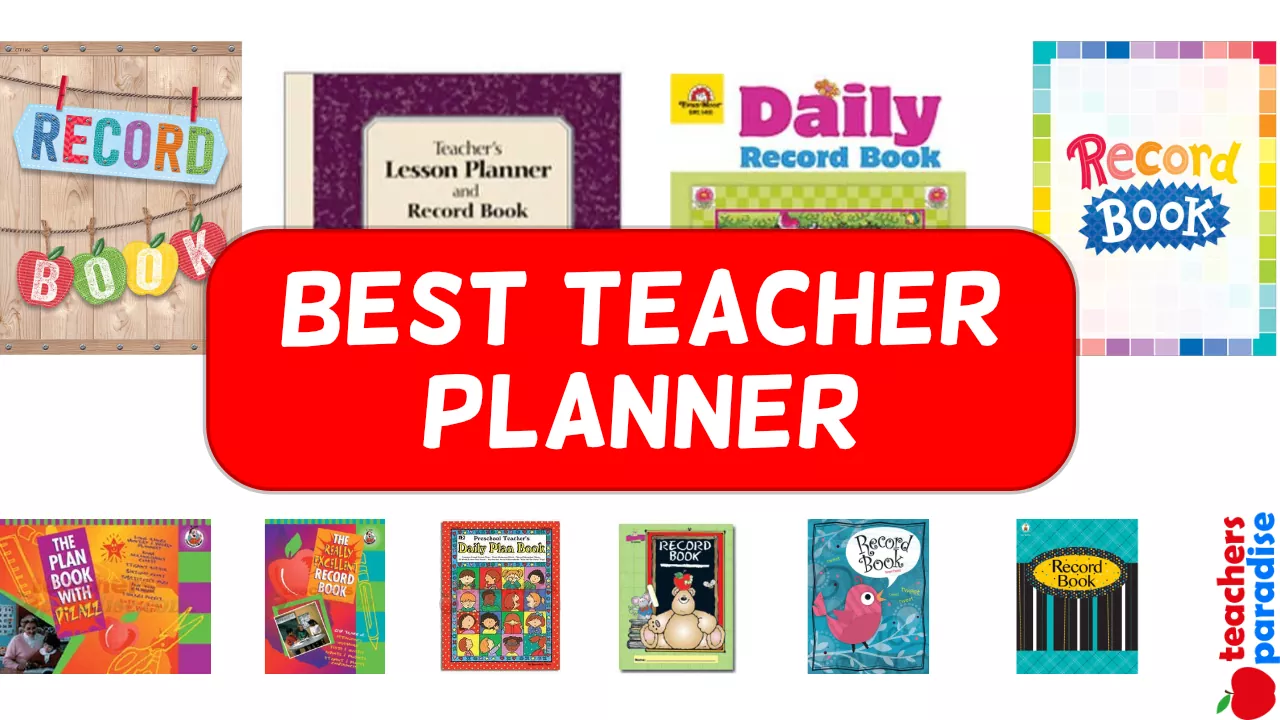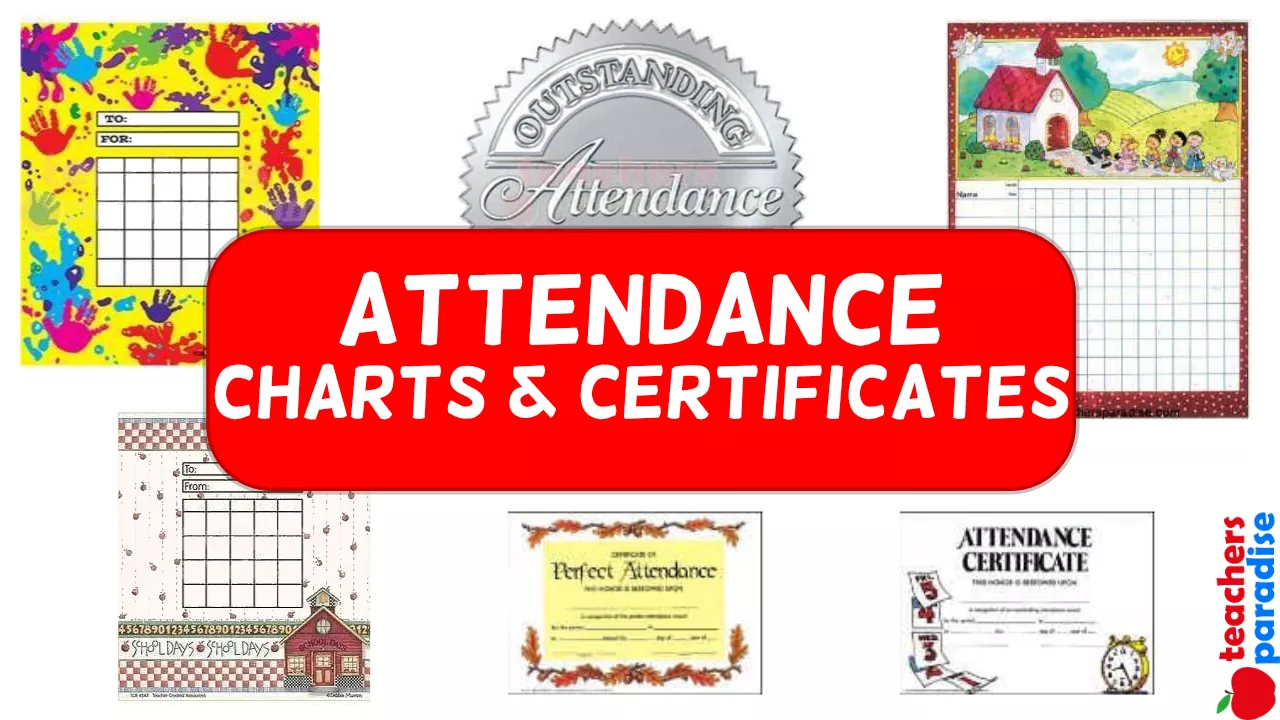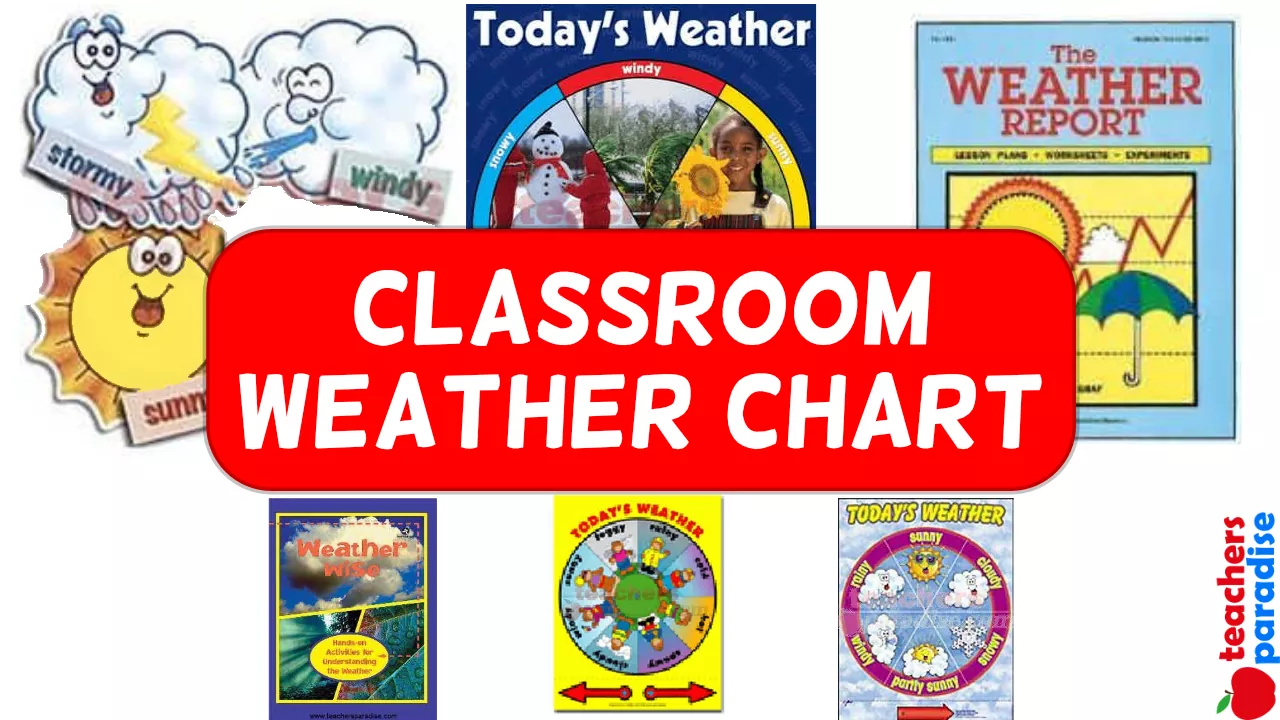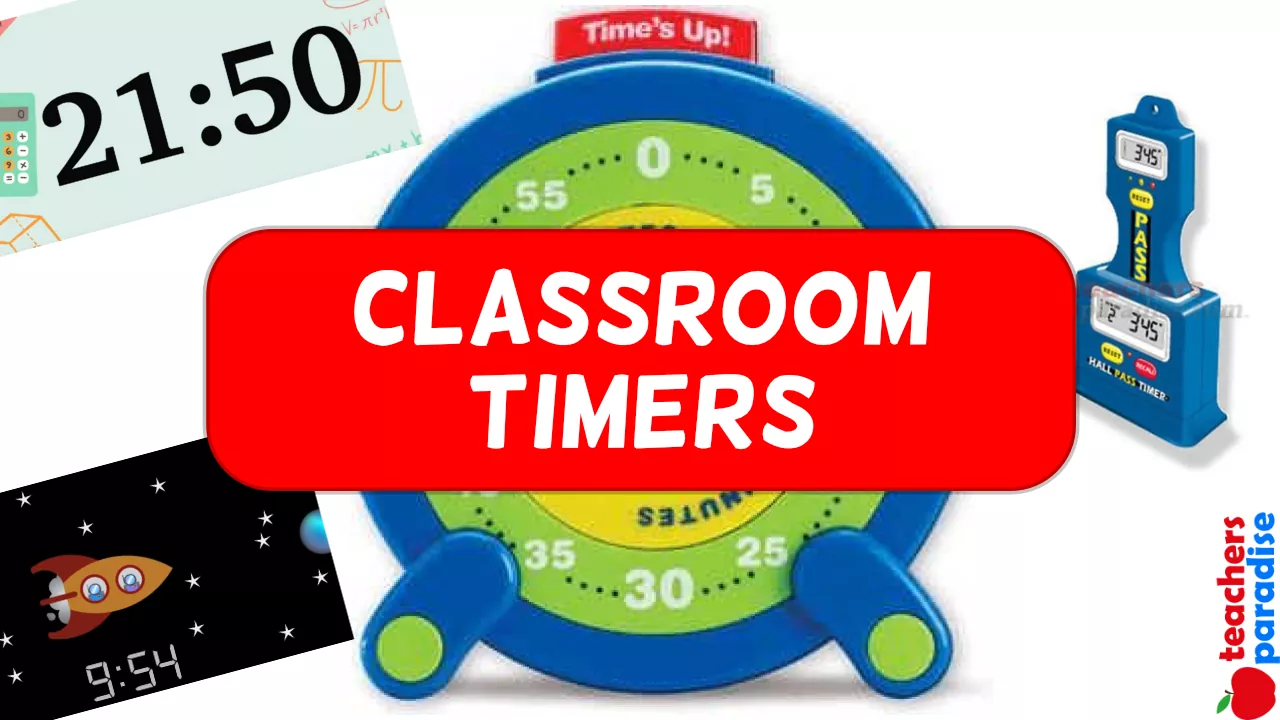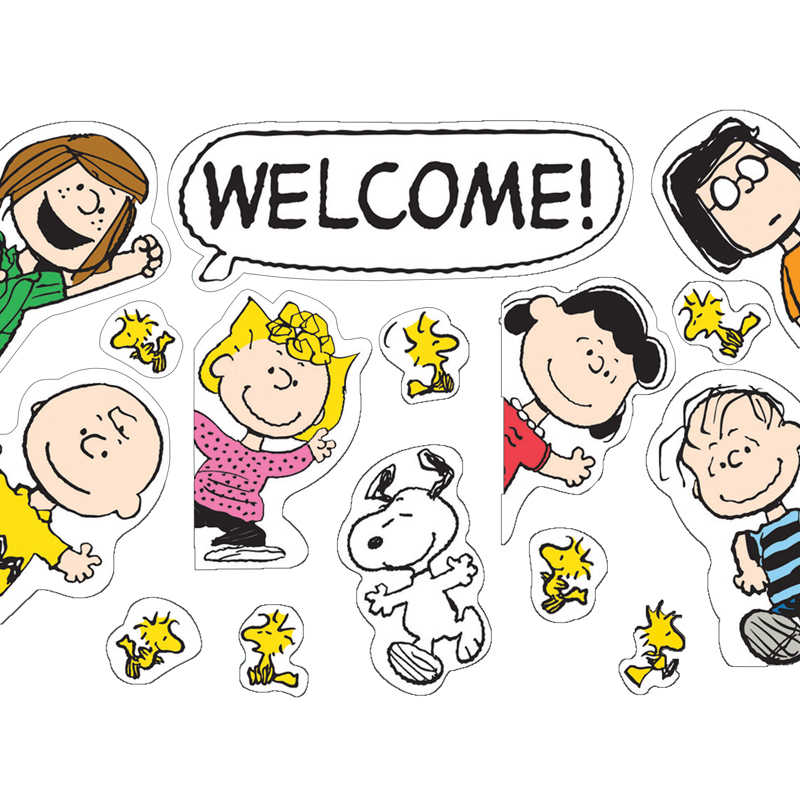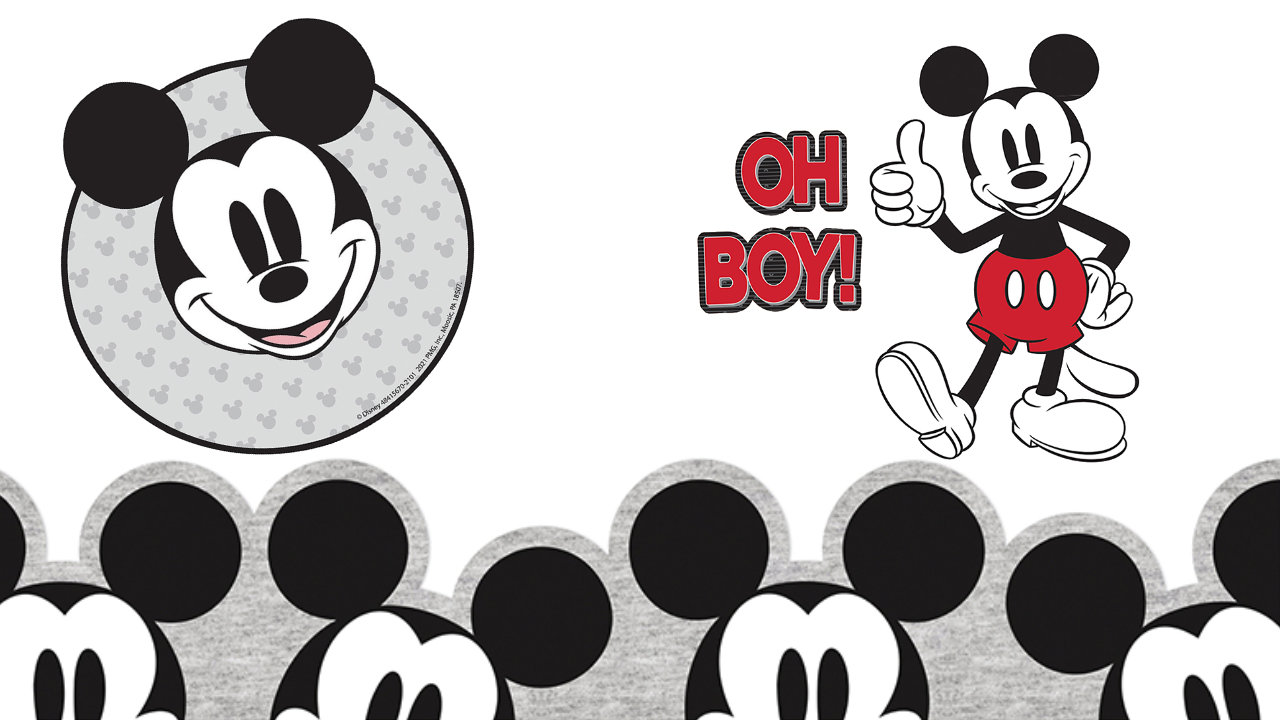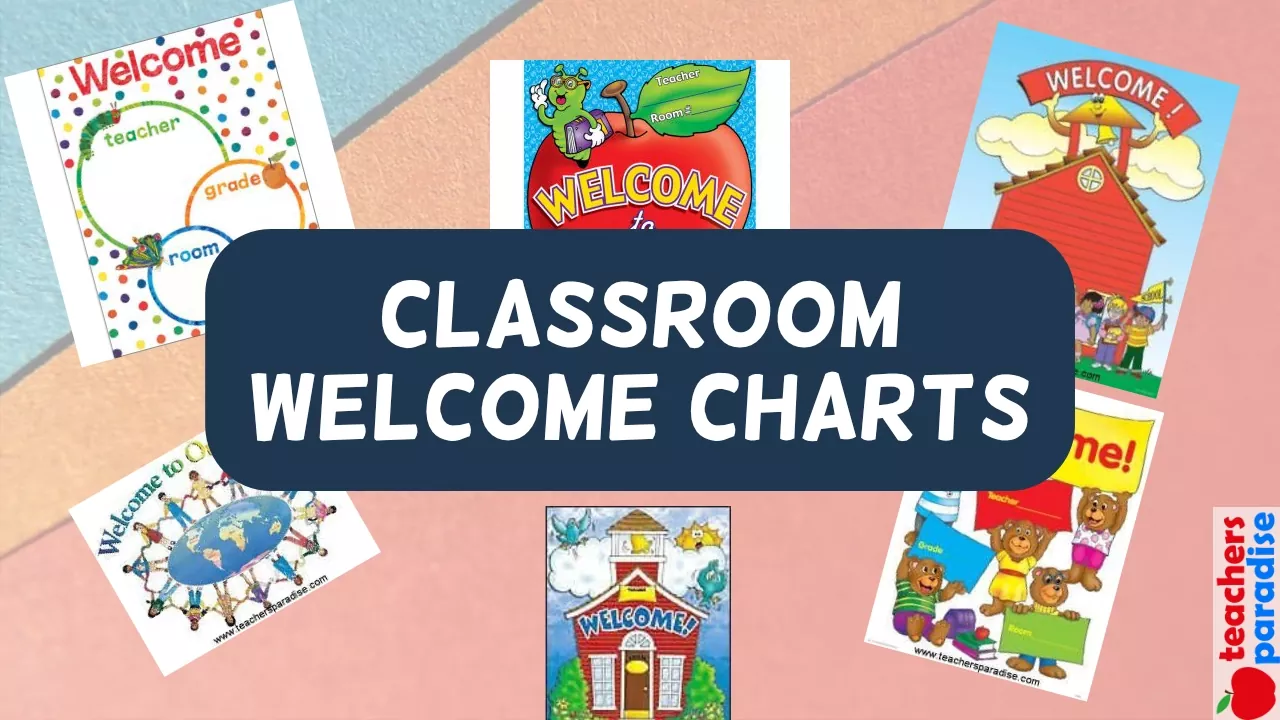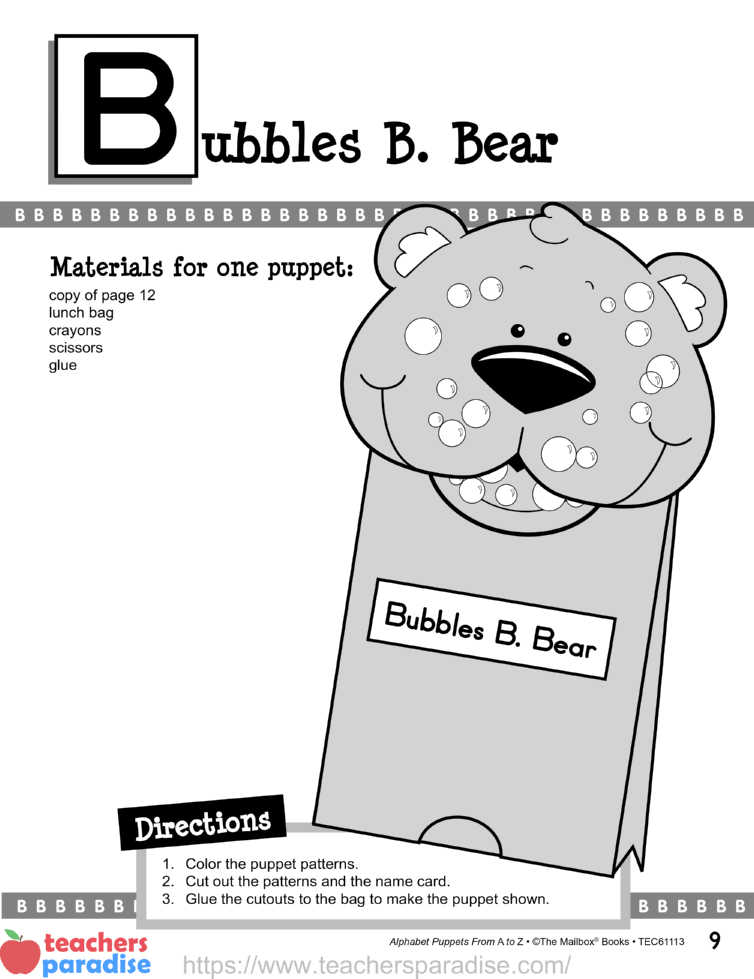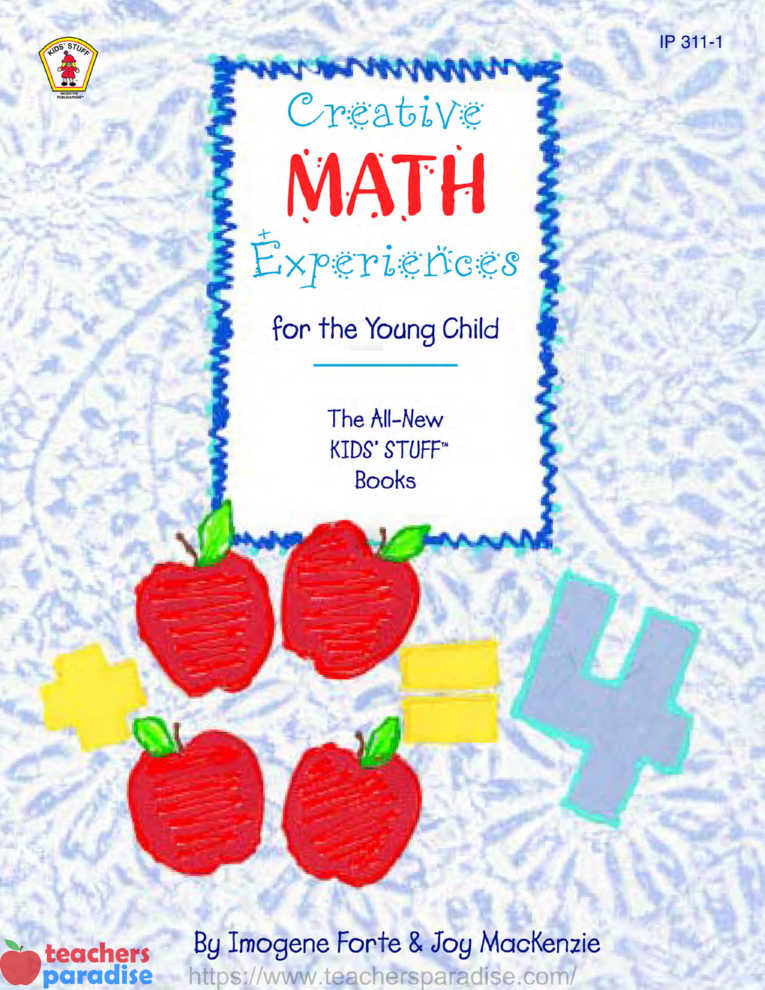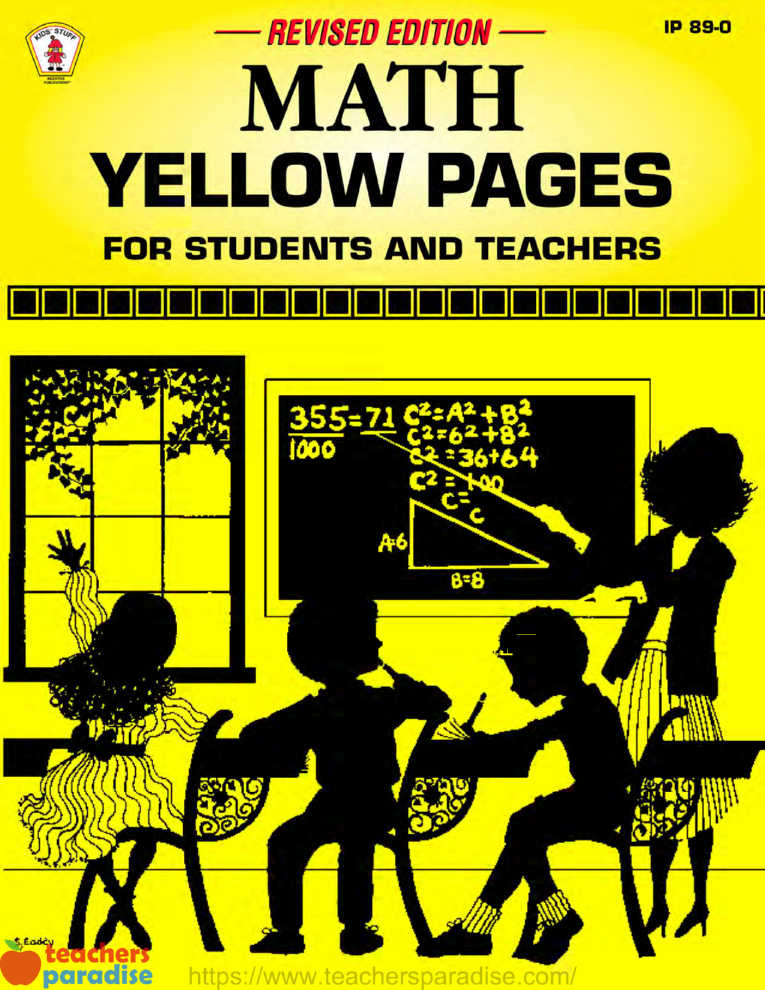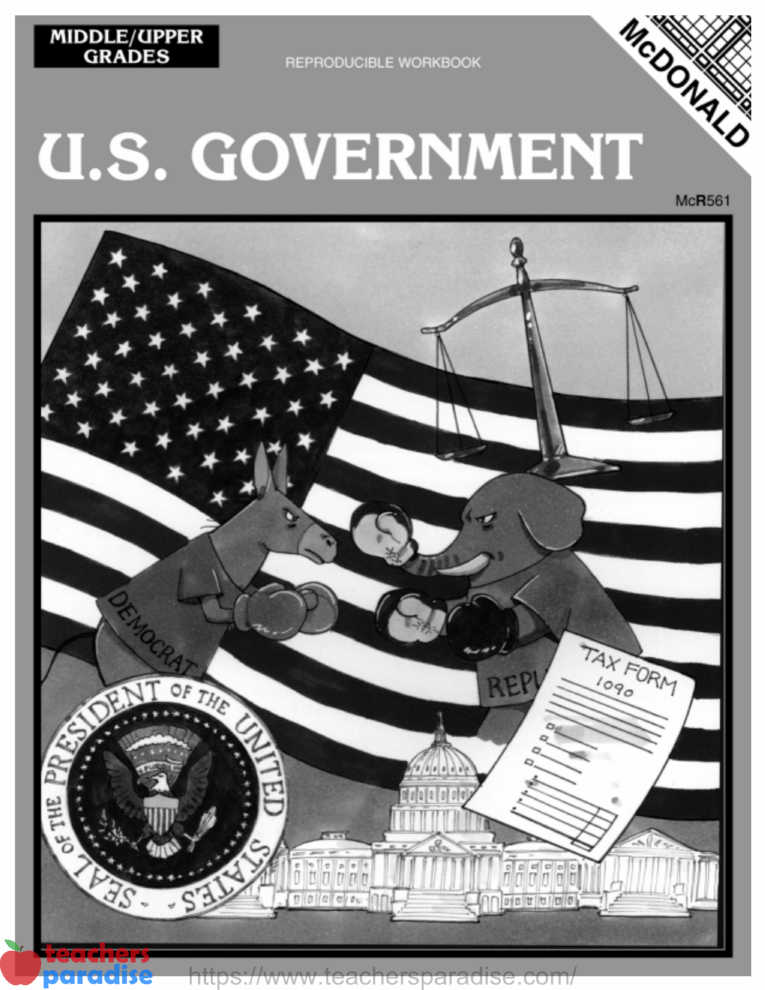Revolutionary Vocabulary
Students will generate a list of words used during the American Revolution and define them.
Did you know that “minutemen” were called that because these men could arm themselves and prepare to fight within one minute? Or that Americans who remained loyal to the British government during the American Revolution were called “Tories”? These and other words are found in accounts of the Revolutionary War. While some of the words are still used today, many no longer apply to the modern world.
WORKSHEET & Sample PDF Activity
Sample PDF Activity
DOING THE ACTIVITY
- List the words on page 11 on the board or on chart paper. Ask students if they know any of these words. (Students may not know some of the words, but they may have heard of them.)
- Photocopy and distribute page 11 to each student pair or small group.
- Challenge students to find and write the definitions of the words on their sheet. Have them click on the links at the above Web site to help them define the words. When they have finished their definitions, invite students to add at least two more words to the list and define them.
- As a class, compile a dictionary of American Revolution words and bind them in a book.
Famous Quotes of the Revolution
Students will select and discuss some famous quotes from the Revolutionary War.
BACKGROUND
“Give me liberty or give me death!” Proclaimed by patriot Patrick Henry during the Virginia Provincial Convention in 1775, these words were spoken to urge Virginians to pick up arms and fight against the British Army. Other equally passionate words were uttered or written by George Washington, Benjamin Franklin, Samuel Adams, Ethan Allen, and John Adams. Some of their words were meant to inspire, others to teach, and still others to fire up people’s emotions.
The Boston Tea Party
Students will write a newspaper article describing the Boston Tea Party.
BACKGROUND
In May 1773, the British government gave the East India Company permission to sell tea to the American colonies—without having to pay the usual taxes. This would allow the company to sell tea at a much lower price than American merchants. In November, three ships from the East India Company, loaded with tea, docked in Boston. However, angry colonists prevented them from unloading their cargo. On December 16, 1773, a group of Boston citizens led by Samuel Adams disguised themselves as Indians, boarded the ships, and tossed the tea into Boston Harbor. This so-called Boston Tea Party became another event that would lead to the Revolutionary War.

